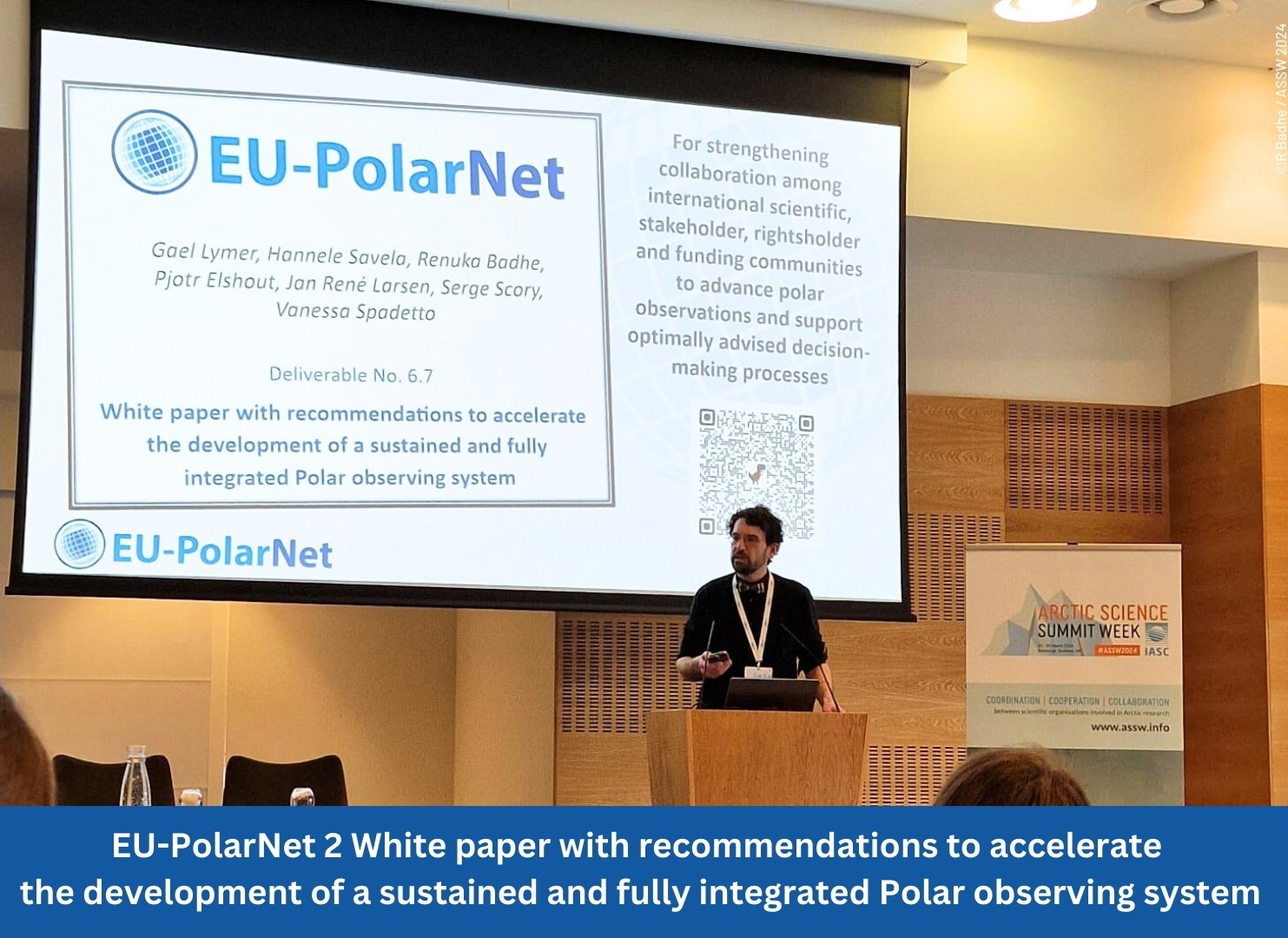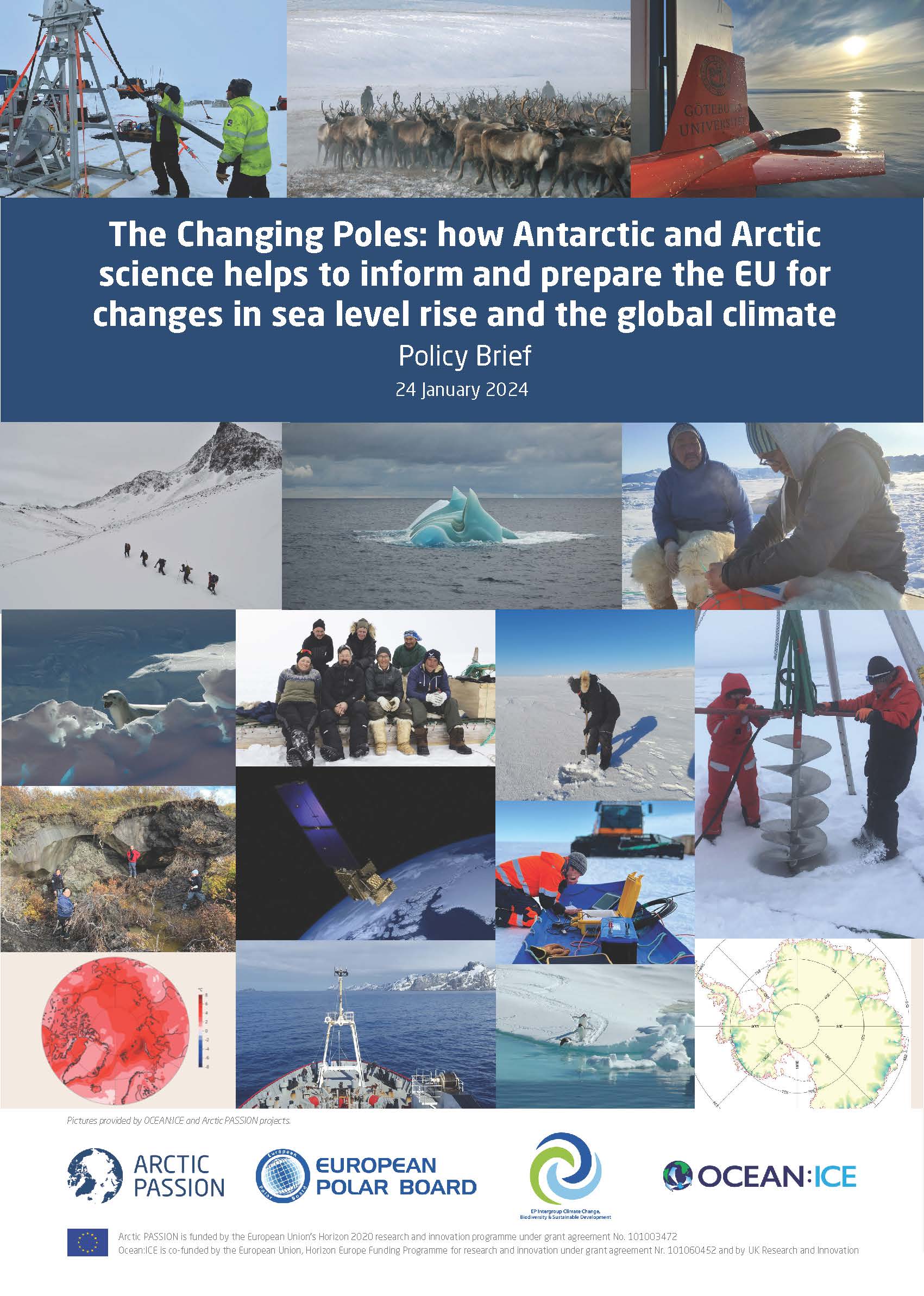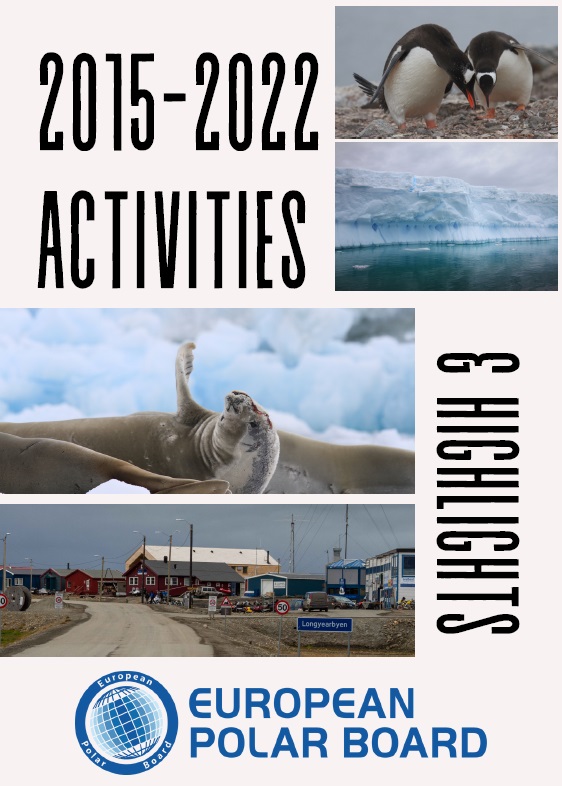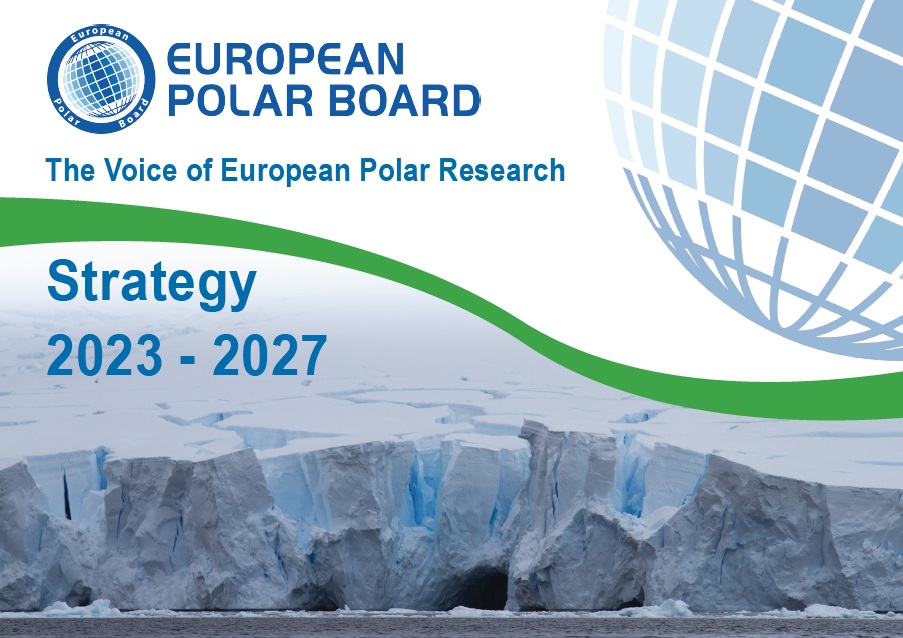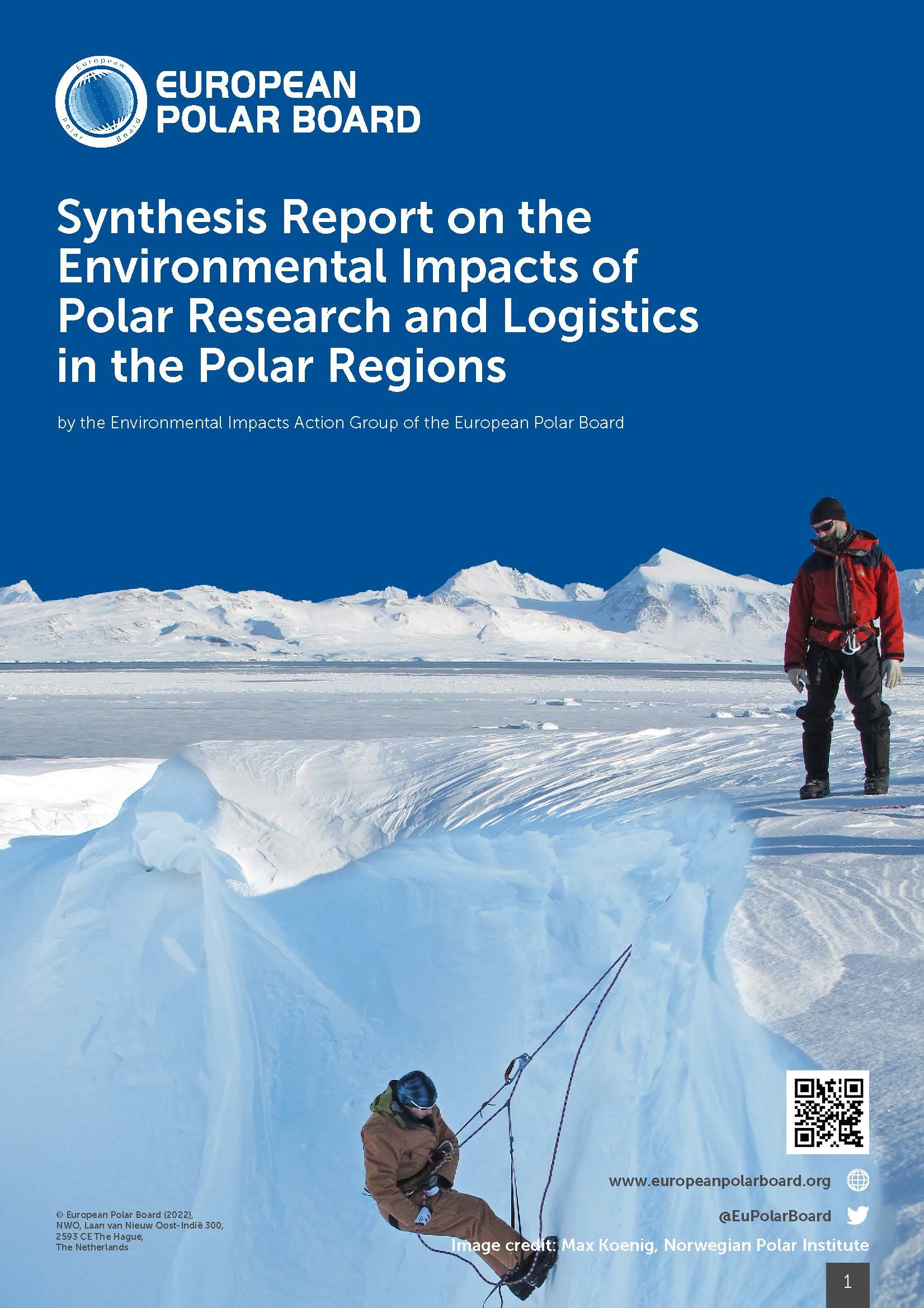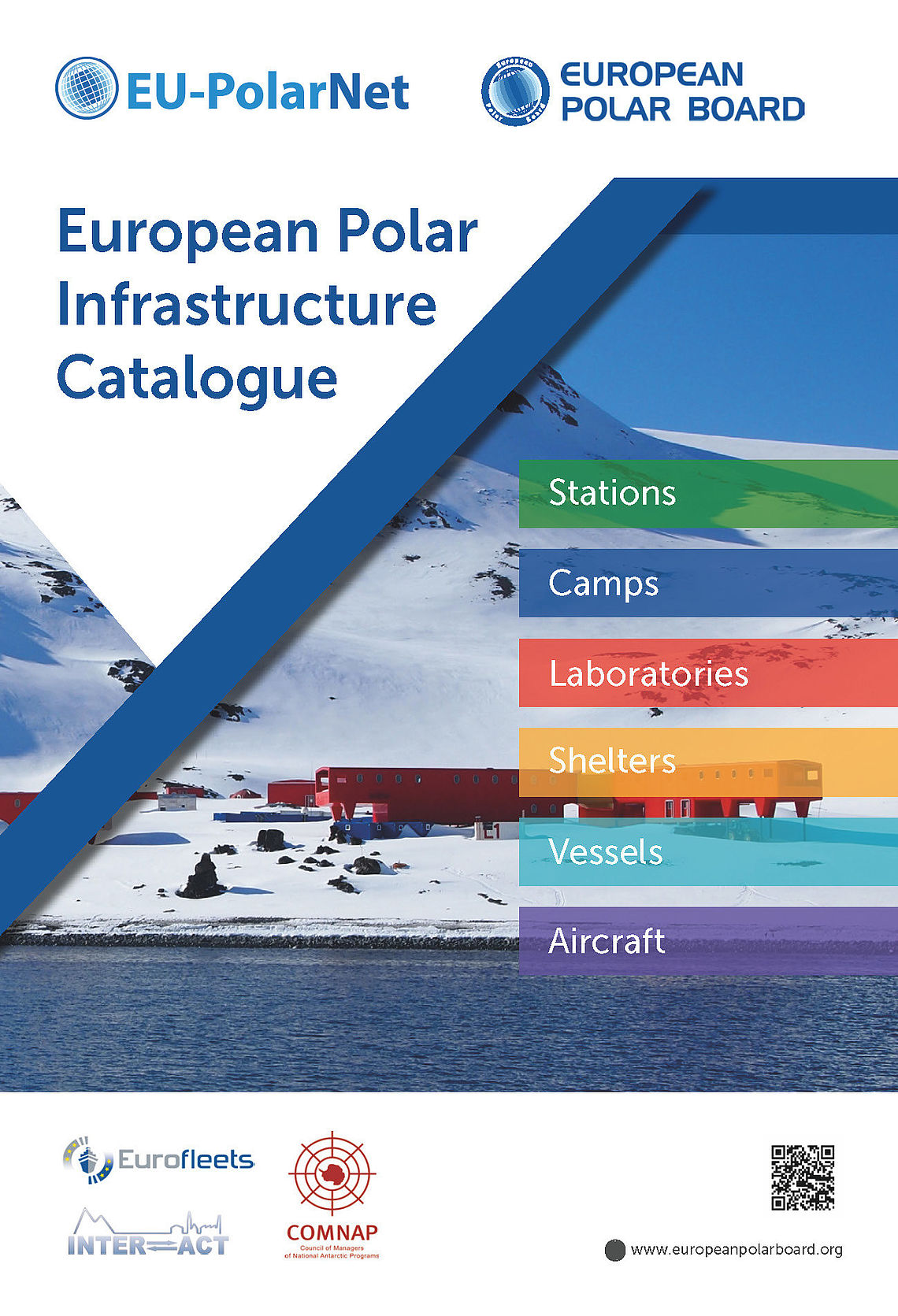The EPB is happy to reveal a booklet with its Activities & Highlights from 2015 to 2022. The booklet is available here.
Established in 1995, the EPB was earlier an Expert Board of the European Science Foundation, formed to provide strategic advice on Arctic and Antarctic issues. Since 2015, the EPB has been an independent entity, with its Secretariat hosted by the Netherlands Organisation for Scientific Research (NWO) in The Hague, The Netherlands.
The EPB's "2015-2022 Activities & Highlights" booklet shows growth and achievements of the EPB throughout those years in accordance with the old EPB Strategy (2017 – 2022).
In 2023, the EPB continues to foster and advance the coordination of, and collaboration with the European polar research community as the single contact point for communication in line with its new Strategy 2023-2027.
The "2015-2022 Activities & Highlights" booklet was collated by M Joos, E Horovčáková, G Couser, P Elshout, J E Nolan, & R Badhe.

